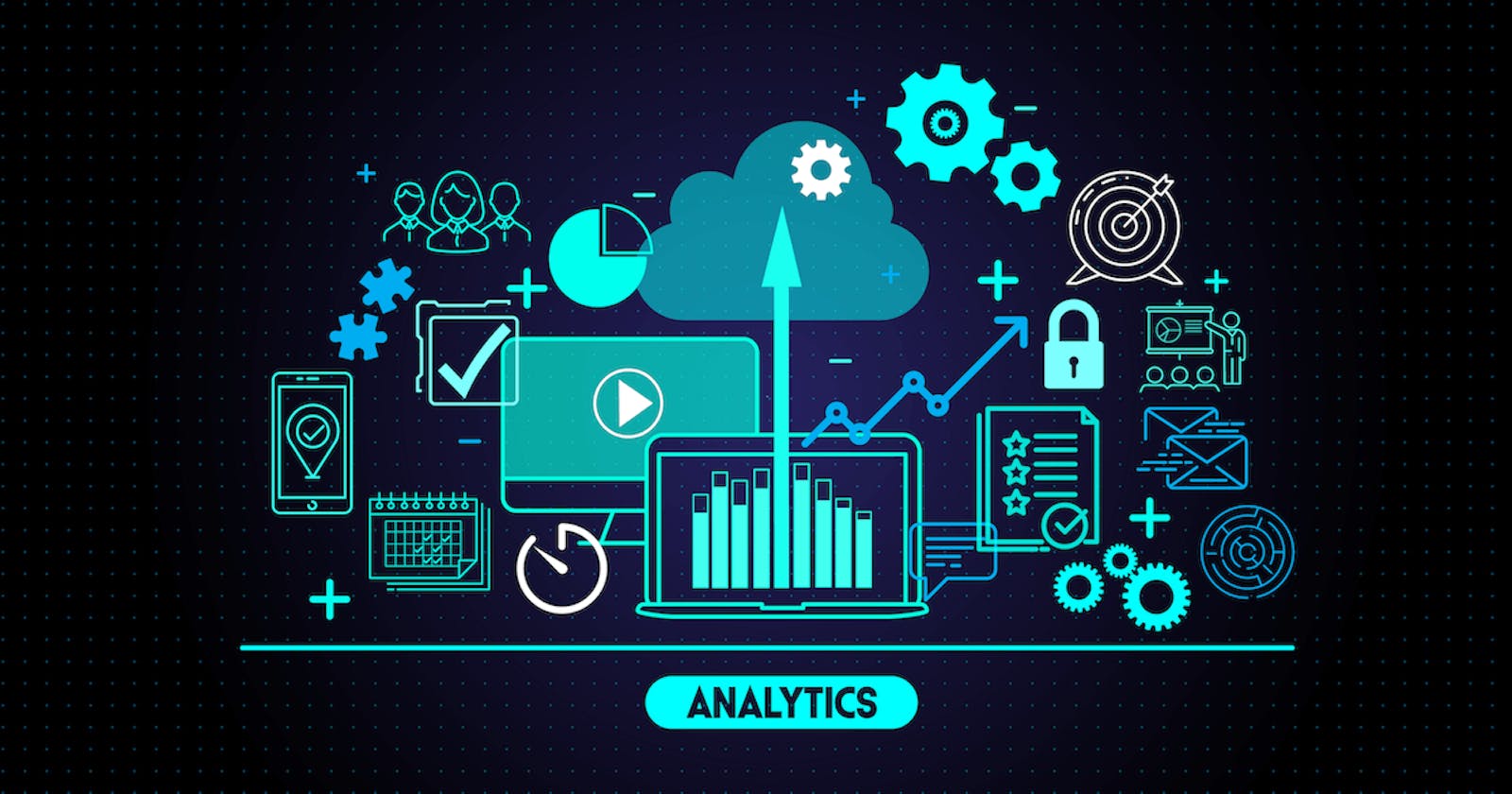Introduction
In today's data-driven world, the ability to analyze and interpret data is a highly valuable skill. Whether you're a business owner, a student, or someone looking to advance in their career, understanding data analytics can open up a world of opportunities. However, getting started with data analytics can seem daunting, especially if you're new to the field. In this comprehensive guide, we'll break down the basics of data analytics and provide you with practical steps to help you get started on your journey.
Understanding Data Analytics
Data analytics is the process of examining raw data to uncover insights, trends, and patterns. It involves collecting, cleaning, and analyzing data to make informed decisions and predictions. Data analytics is used in various industries, including business, healthcare, finance, marketing, and more.
There are three main types of data analytics
Descriptive analytics
In order to comprehend what has transpired in the past, descriptive analytics summarises historical data.It answers questions like "What happened?" and "Why did it happen?" Descriptive analytics provides valuable insights into past performance and helps identify trends and patterns.
Predictive Analytics
Predictive analytics uses historical data to forecast future outcomes and trends. It involves building models and algorithms to predict what might happen next. Predictive analytics is used for forecasting sales, predicting customer behavior, and optimizing business processes.
Learn the Fundamentals
Before diving into data analytics tools and techniques, it's essential to have a solid understanding of the fundamentals. Start by familiarizing yourself with basic concepts such as:
Choose the Right Tools
Once you have a solid understanding of the fundamentals, it's time to choose the right tools for data analytics. There are many tools available for data analysis, ranging from open-source software to enterprise-level platforms. Some popular tools include:
Programming Languages
Languages such as Python, R, and SQL are commonly used for data analysis and manipulation. Data Visualization Tools: Tools like Tableau, Power BI, and matplotlib are used to create visualizations and dashboards. Statistical Software: Software packages like SAS, SPSS, and MATLAB are used for statistical analysis and modeling. Choose tools based on your specific needs, preferences, and budget. Many tools offer free trials or community versions that you can use to get started.
Practice with Real-World Data
The best way to learn data analytics is by practicing with real-world data sets. There are many websites and platforms where you can find publicly available data sets for analysis. Some popular sources include:
Government Open Data Portals: Many governments provide open data portals where you can find a wealth of data on various topics, including demographics, economics, and health. Choose a data set that interests you and start exploring. Practice cleaning, analyzing, and visualizing the data using the tools and techniques you've learned.
Join Online Communities and Forums
Joining online communities and forums is a great way to connect with other data analysts, ask questions, and share knowledge. There are many online communities dedicated to data analytics, including:
Subreddits like r/datascience and r/analytics are great places to ask questions, share resources, and engage with other data enthusiasts. Stack Overflow: Stack Overflow is a question and answer site for programmers and data analysts. You can ask questions and get answers from experienced professionals.
Gain Hands-On Experience
Finally, gaining hands-on experience is crucial for mastering data analytics. Consider working on projects or internships where you can apply your skills in a real-world setting. You can also contribute to open-source projects or freelance on platforms like Upwork or Freelancer.
Conclusion
Getting started with data analytics may seem challenging, but with the right approach and resources, anyone can learn this valuable skill. By understanding the fundamentals, choosing the right tools, practicing with real-world data, joining online communities, and gaining hands-on experience, you can embark on a rewarding journey in the field of data analytics. So roll up your sleeves, dive in, and start uncovering valuable insights from data today.
And remember, if you're looking for a structured approach to learning data analytics, consider enrolling in a Data Analytics course in Agra, Dehradun, Mumbai, Moradabad, Delhi, Noida and all cities in India These courses offer comprehensive training, hands-on experience, and valuable networking opportunities to help you kickstart your career in data analytics.
